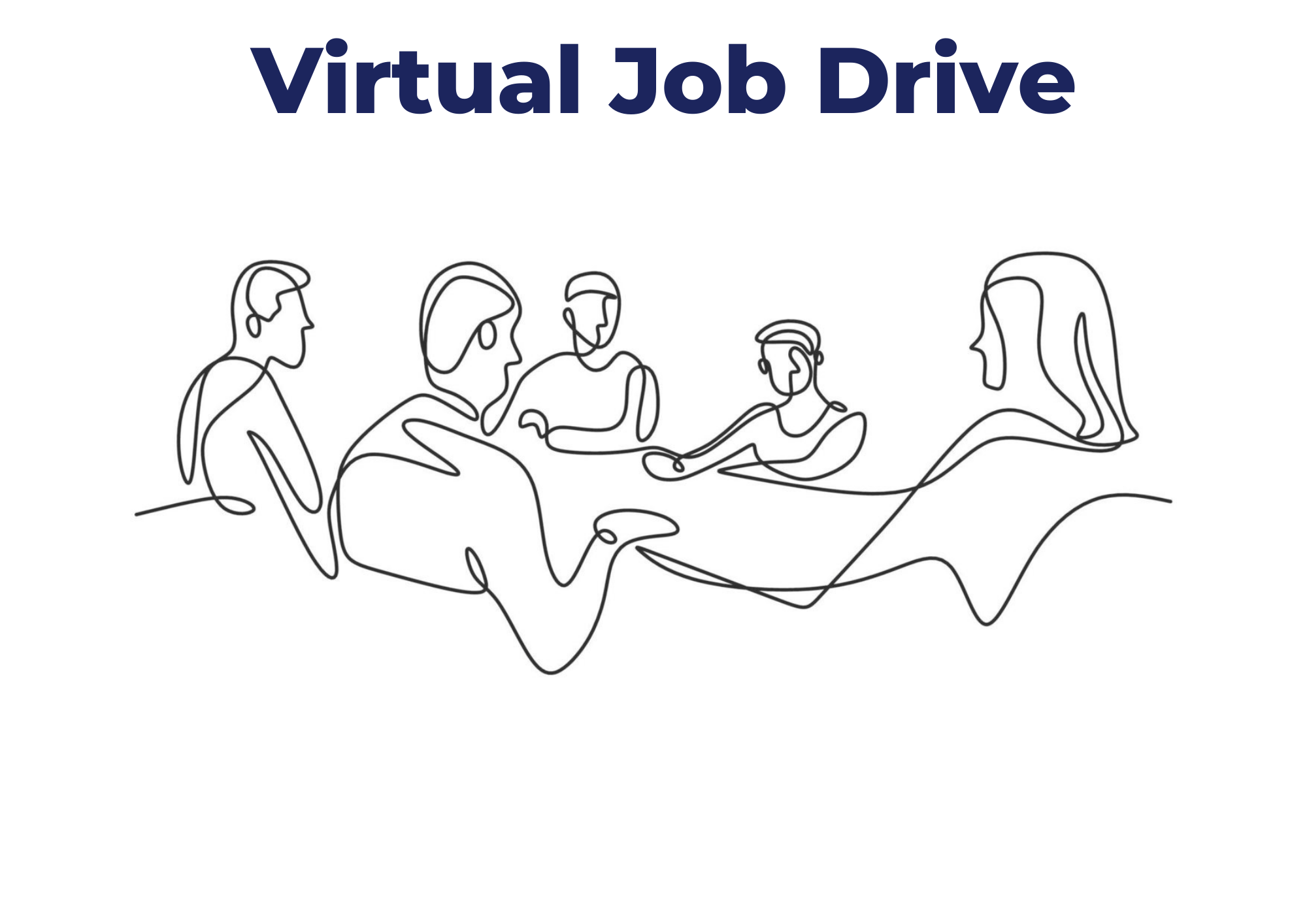The COVID 19 pandemic and mental balance
There have been news of deaths, social distancing, also, psychological illness such as post-traumatic stress disorder, depression, anxiety as well. Thus COVID has serious impact on both physical and mental health.
This has been a great threat as it has been leading to serious implications like suicide. There have been many cases reported like depression, anxiety, stress, alcohol and drug abuses. but most of this are preventable and depends on the person to have courage to face the tough situations.
Prevention
Try to reduce stress at the source. You can’t take the threat of COVID-19 away, but you can reduce the risk of your employees contracting it by following the government guidelines
Treat stress and mental health as you would the risk of physical injury. Carry out a risk assessment and develop an action plan that includes your control measures.Health education and health promotion activities will also help to stay physically and mentally fit and healthy through this pandemic.
The pandemic is likely to cause and exacerbate mental health issues, with underlying conditions and in those who have never previously thought about their mental health.
Train to detect signs of deteriorating mental health in their teams and how to respond. Put in place more formalised contact procedures for remote workers and check how people are feeling. Use video calling to foster communication so you can pick up on any non-verbal clues that an employee may be struggling.
With months of the coronavirus pandemic ahead, it is important to keep exercising. Clinical studies show that regular exercise produces chemicals, such as dopamine and serotonin, which are as effective as antidepressant medication or psychotherapy for treating milder depression. Most people will not have access to a gym during the crisis, so it is important to create a daily exercise routine at home. Experts recommend between 30-40 minutes of exercise, three to four times a week to work up a sweat. People with depression often struggle with exercise, so start small with a 10 minute walk, then add a few minutes daily.
Bhavana Jadhav
I'm currently perusing my bachelor's in electronics and electrical engineering. I'm keen on content writing and technical writing ...

Interesting Reads
Join our weekly meetup to focus on your job search and career.

Jobs
Explore relevent opportunities using Jobs at QuantumHunts. Get the latest jobs and industry news.

